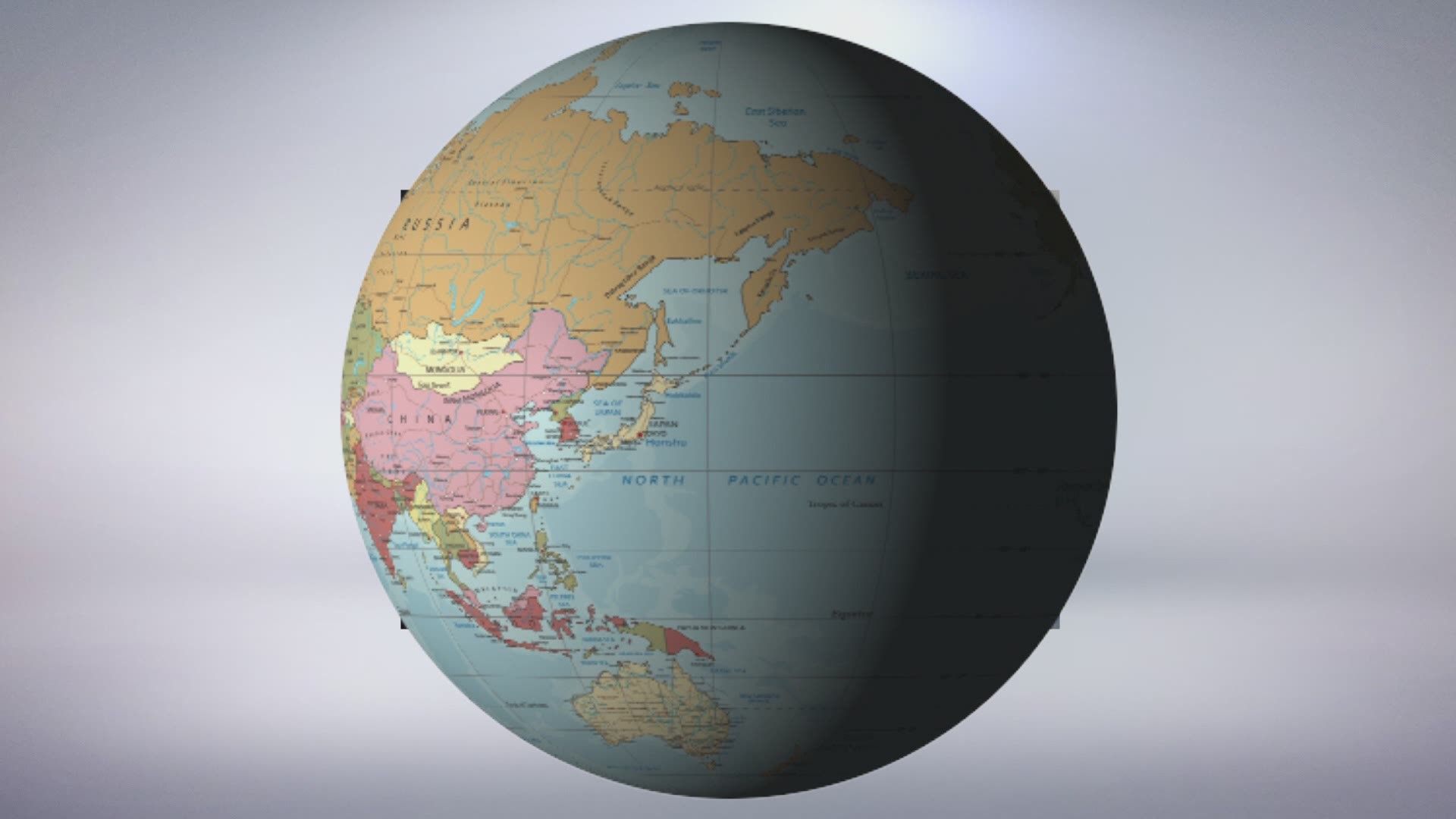ATLANTA — ATLANTA— Although clinical trials are now underway, a vaccine for the COVID-19 virus won’t be widely available to the public for another year, and many ask why the process takes so long.
On Monday, the first volunteer received a dose of a possible vaccine developed by scientists with the National Institute of Allergy and Infectious Diseases. A total of 45 volunteers will be part of the first human tests that will last six weeks.
“This phase one study, launched in record speed, is an important first step,” says Dr. Anthony Fauci of the NIAID.
Still, the NIAID warns that work on a COVID-19 vaccine has just begun, and could take a year or more to complete.
The first step in the development of any vaccine is to study the illness itself.
There’s a part of each virus that will alert your body’s immune system that something’s wrong.
Scientists locate that part of the virus, then use the information to design a vaccine that will tell your body to fight back.
“That can be extremely time-consuming,” says Dr. Valerie Cadet of the Philadelphia College of Osteopathic Medicine. “People spend a lot of time to determine that piece and make sure it really works.”
“The expressed spike protein is designed based on knowledge of the virus structure,” says Judith Lavelle of the NIAID. “The platform does not contain live or inactivated virus.”
Before it’s made available to the public, a vaccine is tested on animals, then a small group of people, then a larger group, and finally an even larger group.
“To make sure this particular vaccine is absolutely safe, then move on to make sure it’s still stimulating the right response in humans,” says Cadet.
COVID-19 is not the only form of the coronavirus. Work on vaccines for the other six forms that affect humans could help speed efforts to fight COVID-19.
“This is a different virus than the others, but the gains we have so far are always helpful,” says Cadet.
The NIAID says there’s no doubt work on other vaccines is helping with COVID-19.
“Extensive vaccine research on the coronaviruses that cause SARS and MERS conducted over the past several years allow for a rapid response to the virus that causes COVID-19,” says Lavelle.
The current trials are taking place in Seattle.
MORE CORONAVIRUS HEADLINES:

